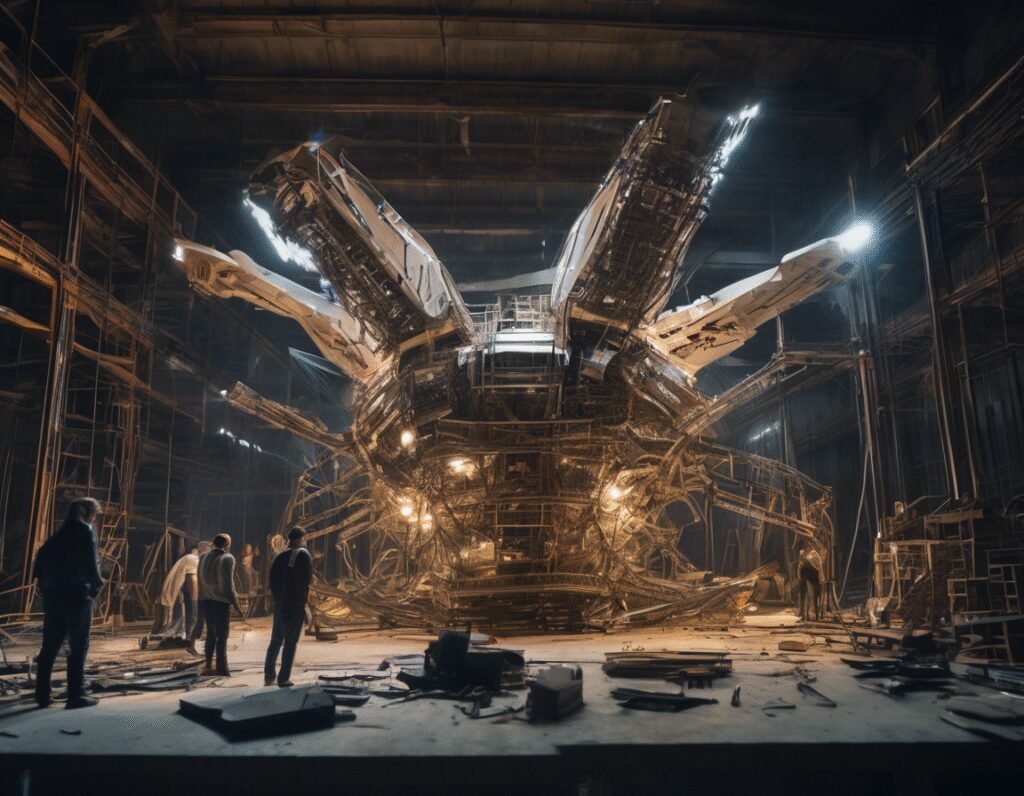Meta’s AI Ambitions Hit Early Turbulence as Key Leaders Depart
Just a few months after launching its multi-billion-dollar artificial intelligence moonshot, Meta is already restructuring its flagship AI division, a move that has prompted the departure of several longtime leaders. The internal upheaval signals early growing pains for CEO Mark Zuckerberg’s aggressive and expensive push to compete at the highest levels of AI development.
According to an internal announcement, the company will dissolve its current centralized AI research group, known as the Superintelligence Lab, and split its functions into four distinct new teams. This reorganization aims to create more specialized units, each with a clearer mandate. The new groups will focus on core research, the pursuit of superintelligent AI systems, product development, and the underlying computing infrastructure required to power these ambitious projects.
This strategic shift comes amid a hiring spree where Meta has aggressively recruited top AI talent from rivals like Google, often offering compensation packages worth millions of dollars. The restructuring appears to be an effort to integrate these high-profile, highly-paid new hires into the organization while streamlining its operational goals. However, the rapid changes have created internal friction, leading to the exit of some senior staff who were instrumental in building Meta’s original AI research division.
The shakeup underscores the immense pressure Zuckerberg and Meta are under to not just compete but lead in the rapidly evolving AI landscape. The company has publicly committed to building artificial general intelligence, a type of AI that can perform any intellectual task a human can, and to making it open source. This goal, often referred to as the race for superintelligence, requires staggering investments in computing power and human capital.
Industry observers note that such a significant reorganization so early in a major initiative is unusual and suggests a potential course correction. It may indicate that the previous structure was not moving fast enough to meet Zuckerberg’s ambitious timelines or effectively leverage the new talent being brought on board. The creation of a separate product team is a clear signal that Meta wants to accelerate the process of turning cutting-edge research into user-facing features across its family of apps, including Facebook, Instagram, and WhatsApp.
Similarly, the new infrastructure group highlights the extreme importance of securing and building the vast arrays of specialized processors, primarily GPUs, needed to train the next generation of massive AI models. This is a critical and expensive bottleneck in the AI arms race.
While the long-term impact of this reorganization remains to be seen, it highlights the chaotic and hyper-competitive nature of the current AI boom. For Meta, the gamble is enormous. The company is betting its future on becoming an AI-first company, and this early internal turbulence is a stark reminder of the challenges inherent in such a high-stakes transformation. The departure of veteran leaders represents a loss of institutional knowledge, even as the company brings in new blood with fresh perspectives. The success of this new structure will ultimately be measured by its ability to deliver tangible AI breakthroughs and products at a pace that keeps up with, or surpasses, its well-funded competitors.

